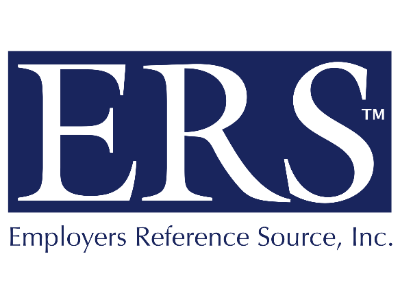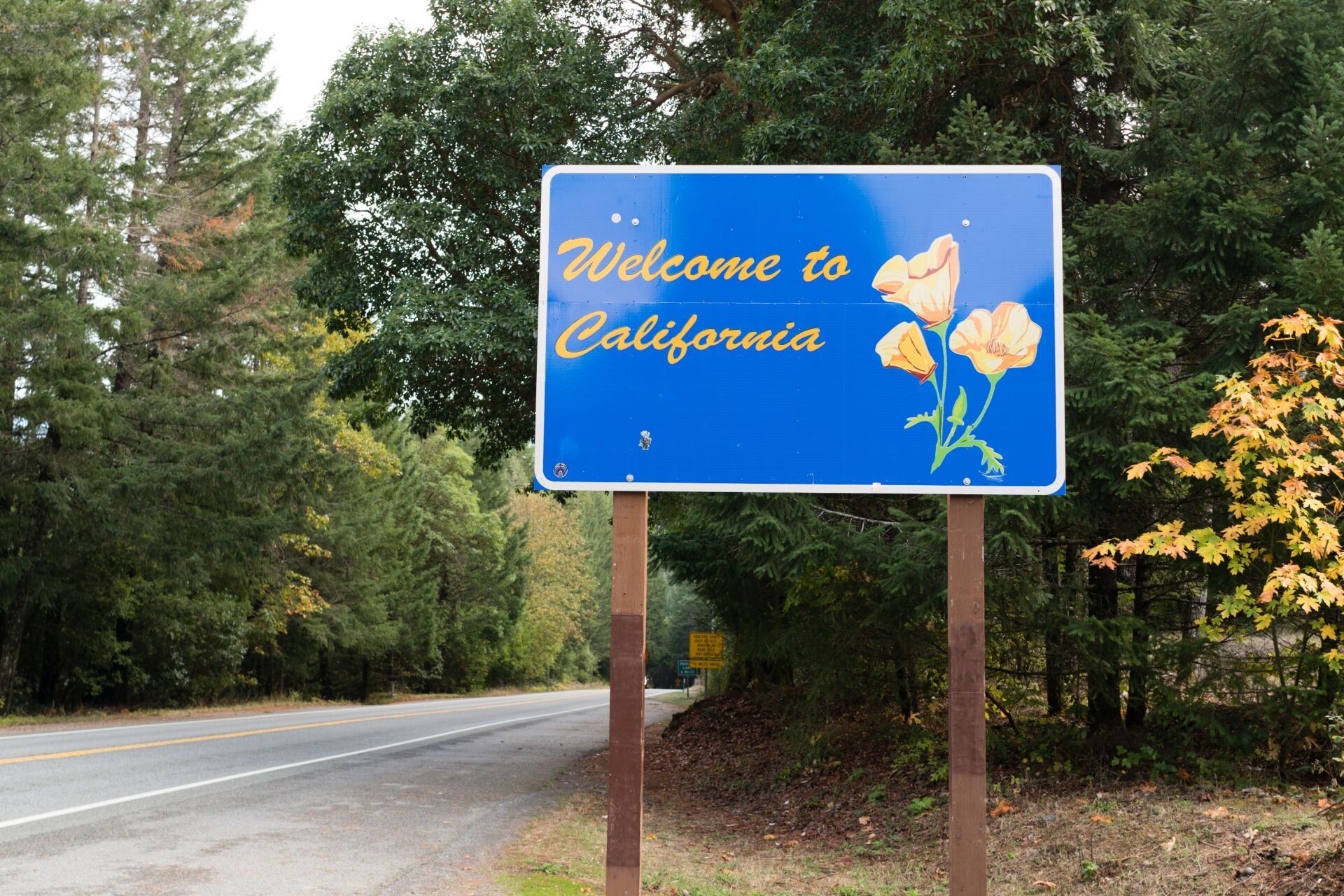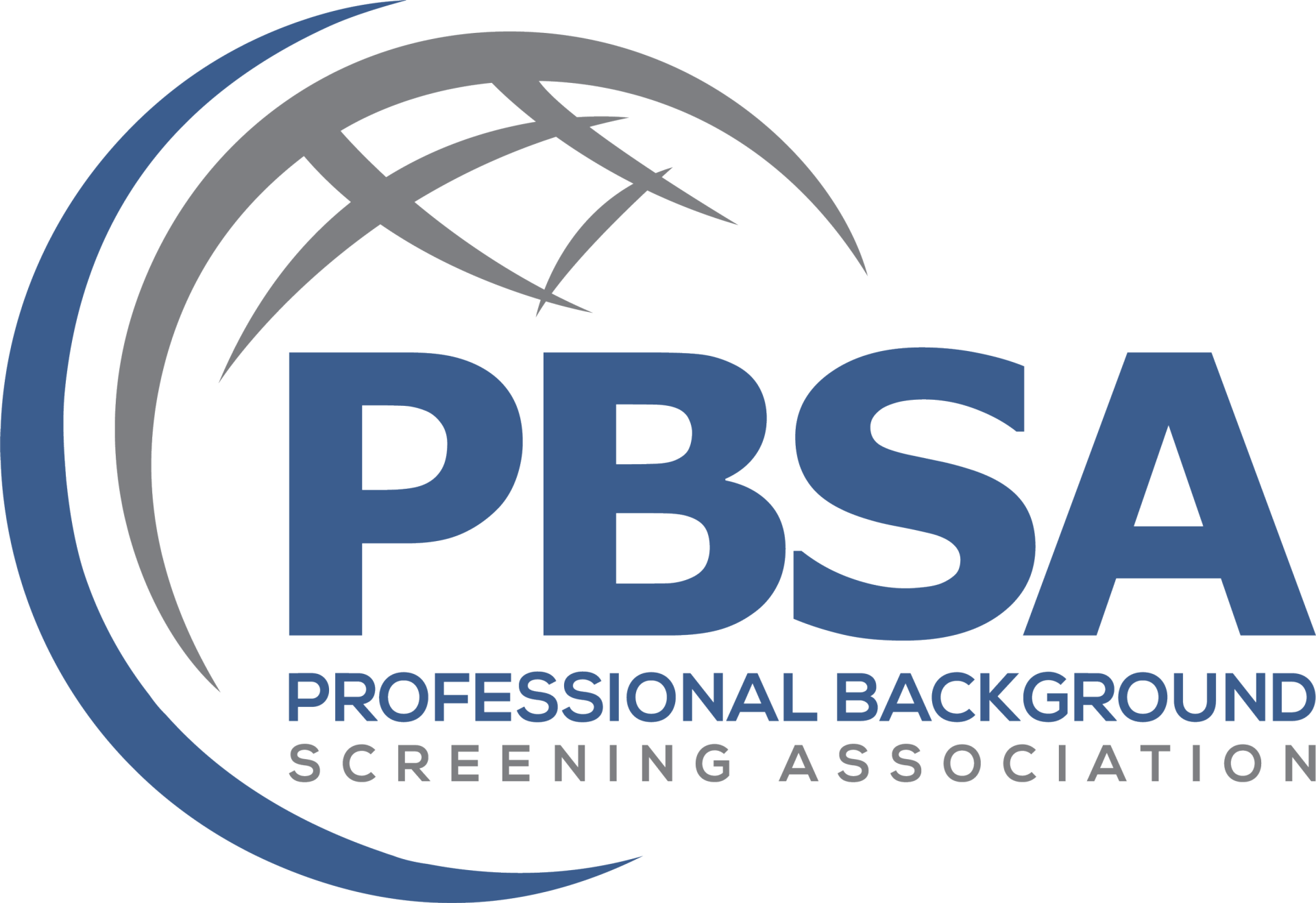Background Screening Compliance: What Does That Mean For Your Business?
In addition to many state and local requirements, a number of federal policies govern how, when, and why businesses and organizations may conduct background screenings and use those results. While professional screening firms should perform background checks in full compliance with relevant legislation, individual employers must use their discretion to ensure their resulting hiring decisions are not in violation of these laws.
What Laws Affect Employer Background Screenings?
A network of federal, state, and local laws, including those enforced by the EEOC, Ban the Box, and "clean slate" legislation, combine to protect American workers from discriminatory hiring and employment practices. While these laws are not typically burdensome for employers, they do specify acceptable relationships between background screenings and hiring decisions, including:
- When background screenings can be performed
- Choosing who is screened
- What information can be sought in screenings
- Informing and obtaining consent from employees and candidates about screenings
- How screening results may be used, particularly when taking adverse action
Fair Credit Reporting Act (FCRA)
Because background screening for employment and other purposes is treated as a consumer report, FCRA protection guidelines apply in the same way they would for credit checks.
Freedom of Information Act (FOIA)
Employment records in the public sector are among those that may be accessible via FOIA requests, however, details considered an "invasion of privacy" are exempted from FOIA eligibility.
Americans with Disabilities Act (ADA)
Nearly everyone is familiar with the protections and requirements outlined in the ADA to prevent discrimination and enable accommodations for workers with disabilities, including in hiring decisions.
Drivers Privacy Protection Act (DPPA)
Under the DPPA, employers may only request details from drivers' records under limited circumstances, generally requiring written permission from employees or job candidates to do so.
The Privacy Act of 1974
Military service records are among those protected by the Privacy Act, which primarily concerns personally identifiable information in government records.
Legally Compliant Background Screenings with Employers Reference Source, Inc.
Because failure to comply with laws and regulations related to employment background screenings can open employers to substantial liability, working with a professional background screening partner is a responsible business decision. We've helped employers make better hiring decisions for over 30 years with expert background check solutions. Contact us today to learn more.










